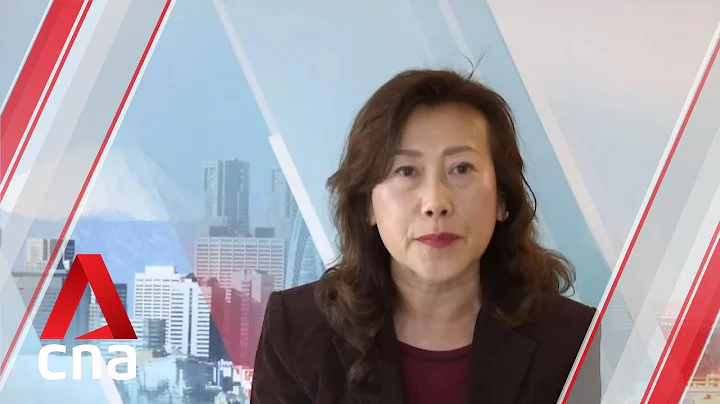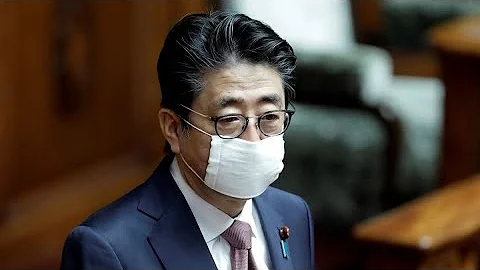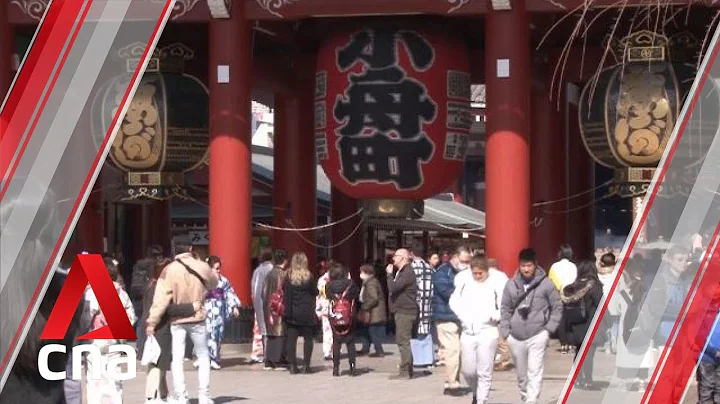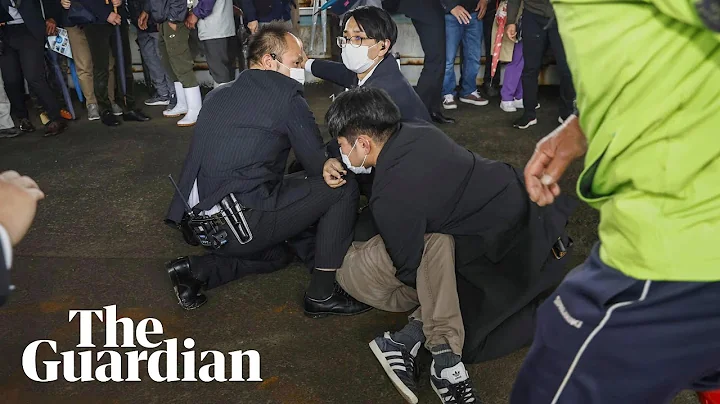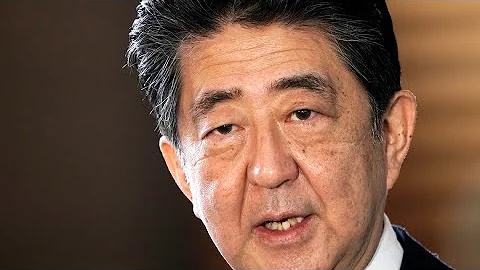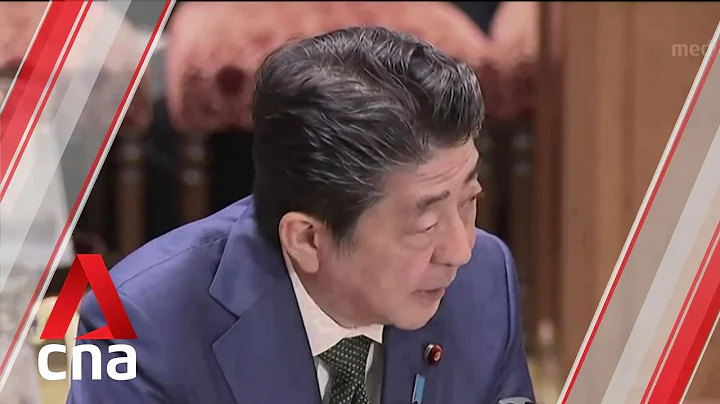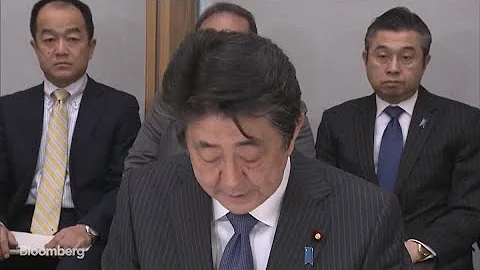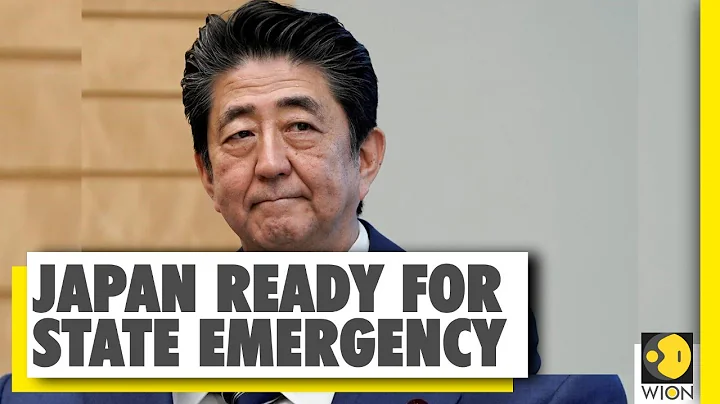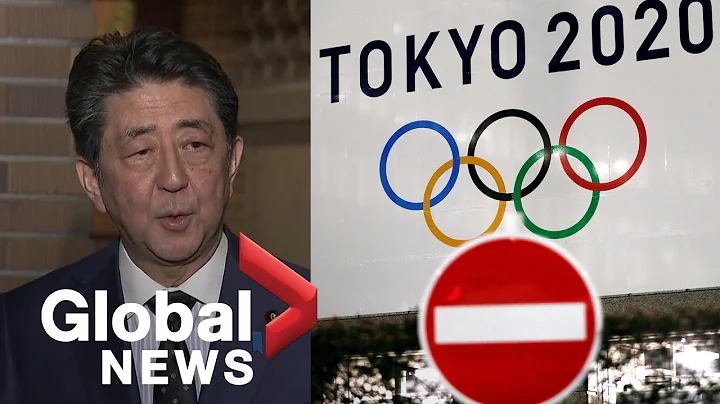
According to foreign media reports, due to the spread of the new coronavirus epidemic, Japanese Prime Minister Shinzo Abe announced on the 27th local time that all elementary schools, junior high schools and high schools in Japan will be suspended from March 2 until spring break. However, this sudden move caused huge repercussions from all walks of life in Japan.
will affect 13 million students
According to media reports, Abe 27 stated at a meeting of the Japanese government’s new coronavirus countermeasures headquarters that starting from March 2, all elementary, middle and high schools across the country will be required to temporarily close their doors before entering the spring break. Classes suspended. Abe said, "We must put the health and safety of children first and prepare for the risk of large-scale infection caused by most children and teachers gathering for long periods of time in daily life."
Abe said that in March The first two weeks are a "very critical period" to prevent the spread of the epidemic. It is understood that Japan’s spring break for high school students and below will be moved from March 25 to April 6, and that for college students it will be moved from early or late February to April 6 or April 12.
Abe also mentioned that Hokkaido and other places in Japan have previously taken measures to temporarily close primary and secondary schools on their own. But he didn't mention colleges and day care centers. Some Japanese officials said that some daycare centers and after-school facilities will remain open as usual.
The British Broadcasting Corporation (BBC) reported that the suspension of classes will affect approximately 13 million students in Japan.
The Ministry of Health, Labor and Welfare of Japan issued a notice on the 27th stating that as of 6 pm local time on the 27th, including the 705 confirmed infections on the " Diamond Princess " cruise ship, 912 cases of new coronary pneumonia have been confirmed in Japan. 4 people died.
Fired the "starting gun" for epidemic prevention
Some media pointed out that compared with the Japanese government's relatively "cautious" disease control measures in the past few weeks, the comprehensive suspension of schools is a sudden reversal of the policy, allowing people to see the Abe government's "big strides" in fighting the virus. Determination to move forward.”
Outsiders believe that the Japanese government is paying more attention to the epidemic. Abe also requested on the 26th that large-scale cultural and sports events should be postponed or canceled in the next few weeks. But a day earlier, he said such measures were unnecessary.
The New York Times stated that among the countries affected by the epidemic in the world, Japan is relatively special and has received more attention. Although its local cases have not risen as sharply as South Korea, the Japanese government is facing great pressure in epidemic prevention and control due to the upcoming Tokyo Olympics.
"The Olympics cast a pall over the government's response to the epidemic," said Tobias Harris, a Japanese political analyst at a Washington consulting firm. He believes that the Japanese government responded weakly in the initial stage of the epidemic because it was worried about losing international visitors to the Olympics. However, as the global epidemic spread, they began to realize that if the further development of the epidemic was not prevented, the chances of the Olympics being canceled were increasing day by day. big. "This means that the Japanese government has fired the 'starting gun' of the epidemic prevention action."
Confusion and doubts
Some media said that although China has also suspended classes, the Japanese government's sudden decision will have an impact on the daily lives of the Japanese people. Japan's Kyodo News Agency said that after the announcement of the suspension of classes, "Japan fell into chaos."
First of all, suspending classes but not suspending work puts parents in a difficult position. For dual-income families, who will take care of the children is a problem. If children are sent back to their hometown from a big city, or if grandparents from their hometown come to take care of the child, the child or the elderly are at risk of contracting the virus through public transportation. "I understand the importance of protecting children, but my real thought is, what should a dual-income family do?" a Japanese mother said on social media.
Even more difficult are Japanese single-parent families who are informally employed. Informal employment is not uncommon in Japan, where work is characterized by wages settled on a daily or hourly basis. For single-parent families with children in lower grades, the result of raising children at home is no income during this period. On Twitter, a single father left a message saying: "It's hard to say which one is more terrifying, the virus or school suspension."
Secondly, large-scale and long-term school suspensions may have an impact on the public service system. In the Tokachi area of Hokkaido, , which has been the first to suspend classes, a general hospital is short of staff.A week after the local decision to close primary and secondary schools, 20% of the nurses in this hospital were unable to come to work. The hospital only accepts outpatients by appointment, and inpatients will also be postponed.
Japanese media are worried that the sudden suspension of classes will affect parents who work as doctors, social workers, police officers, firefighters, etc., and thus affect these industries.
Some analysts warned that strict measures may trigger panic buying and hoarding of goods by the public.
According to reports, Japan has a strong demand for masks in February and March every year because flu and pollen allergies are prone to occur. Nowadays, long lines form outside many drugstores on the streets of Japan early in the morning. Consumers call themselves "mask refugees," but store clerks say their stocks are running low.
According to Japan Jiji News Agency’s news on the 28th, Japan’s domestic mask suppliers have tripled their production, but they still cannot guarantee sufficient supply.
At the same time, the school suspension policy has even caused doubts among people in the Japanese industry. "This is really extreme and sudden." Chelsea Szendi Schieder, assistant professor at Aoyama Gakuin University in Tokyo, said that this will have a great impact on people's daily lives.
Kentaro Iwata, an infectious disease expert at Kobe University, believes that children are not susceptible to COVID-19 and are not prone to serious illness even if they are infected. Nationwide school closures are not necessary.
The New York Times stated that the reason why Japanese society would react strongly to a comprehensive suspension of classes is not only due to its unique social and cultural factors, but also because during the Olympic Games, people are worried that the government will put political considerations before medical science.
No laxity is allowed
However, many people and experts believe that the epidemic in Japan cannot be lax. Experts say that currently not many people in Japan have been tested for the virus, which means the actual number of infections may be higher.
Jeff Kingston, a professor of Asian studies at Temple University in Tokyo, said that how to deal with the crisis and formulate effective policies will depend on the scale of the epidemic. But there is no doubt that "epidemic prevention work is a test of Abe's governance."
He pointed out that the Japanese government has a lot of experience in responding to crisis events, but the Fukushima nuclear leak in 2011 also reflected the Japanese government's slow response.
Some Japanese people are also worried about the development of the epidemic. Ms. Takase, who has been told to work from home, supported the suspension of classes for students and expressed concern about the flow of people on public transportation. "I hope Japan can find the correct way to solve the problem through this epidemic."
(Editor's email: [email protected])
column editor: Yang Liqun Text editor: Yang Liqun Title and picture source: Xinhua News Agency Picture editor: Da Xi
